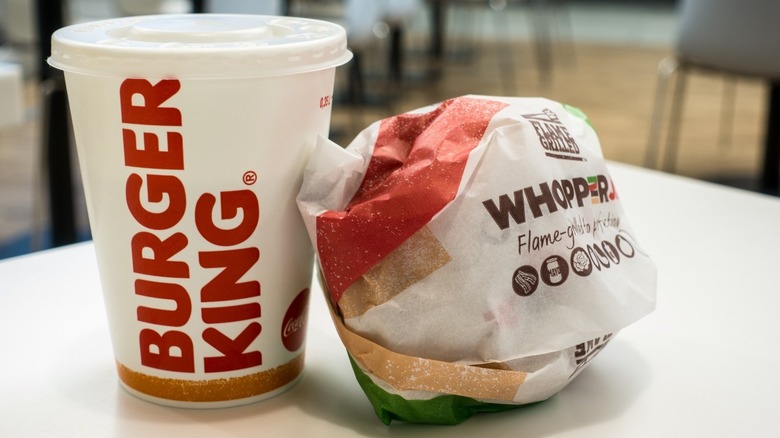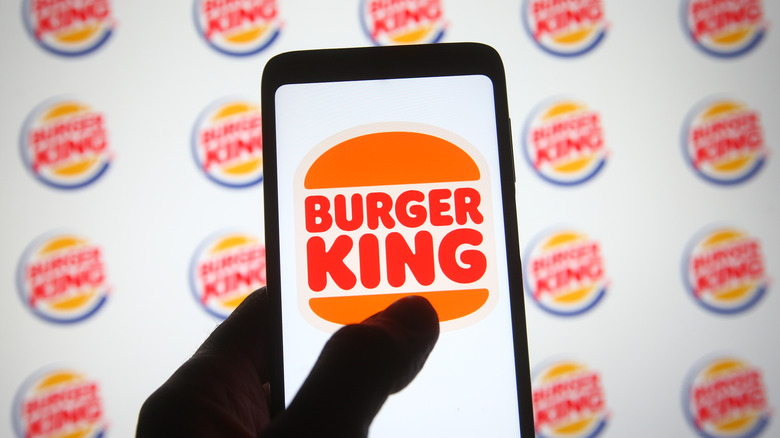Why Burger King's Switch To Digital Discounts May Reduce Sales
The past couple of years has seen a massive rollout of apps across the quick service restaurant industry and beyond. While the transition has largely been a positive one, some corners have grown concerned that the success could come at a price.
The concern, as expressed by PYMNTS, is that the jump to digital gains a younger demographic at the expense of members of the older one. This past week, José Cil, the CEO of Burger King's parent company, Restaurant Brands International, explained to analysts that paper coupons have "been traditionally an important channel, but the effectiveness has eroded a bit over time, especially with younger consumers, and so we felt, and we do feel, it makes sense to transition."
Previously, Burger King outlets relied on paper coupons three times more than their peers. PYMNTS worries that the reason Burger King had to rely on this is that even with their digital expansion, only 42% of baby boomers and seniors use digital channels to order food. After further math, they come to the conclusion that Burger King's digital push could lose them the loyalty of 21% of their current customers.
Perhaps Burger King fans will gravitate towards the deals
PYMNTS's worry that Burger King may lose customers due to a change in technology loses focus on why paper coupons were an effective tool in the first place. This is reflected in an article Coupons in the News published in August. Noticing the push of digital coupons, they wondered whether there was any difference in preference between paper and digital coupons. "Either," they wrote, summarizing the findings of the 2021 Intel Consumer Report. "Or neither. Turns out it doesn't really matter – because a new survey finds that shoppers will go where the deals are best, no matter the format." True, the report still deems "an omnichannel approach" as "still completely necessary."
However, in a separate report from 2020, which considered how digital coupons are safer from fraud than digital ones, PYMNTS explained the impact coupons have on the public. According to their research, 50% of women and 44% of men go to new places due to the deal coupons offer and almost the exact same amount wanted coupons as a feature in restaurant apps.
In short, Burger King may risk losing some customers. But, the chain figures that many people will follow Burger King to their app because they value the deal. And perhaps they're right. If people prefer deals in whatever form they can get them, the worries may underestimate the desire for a cheap Whopper.

